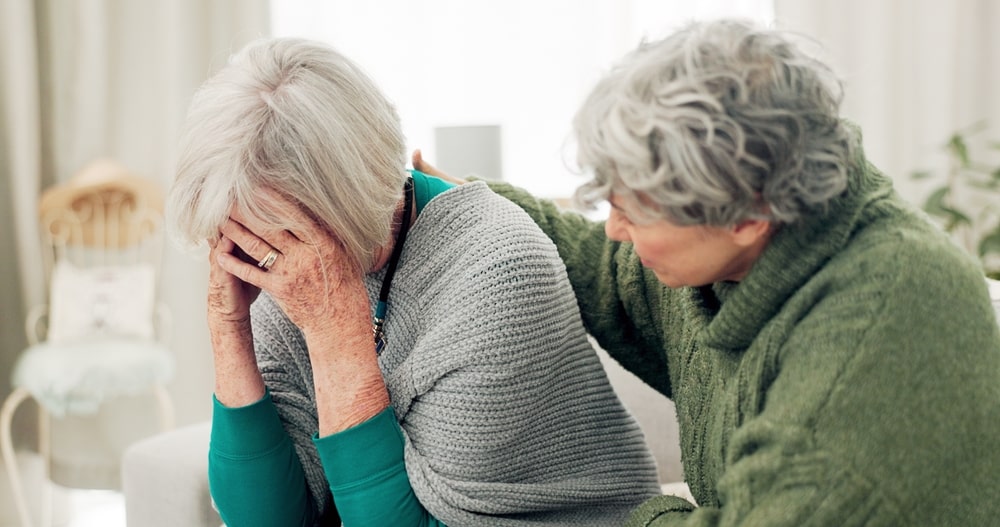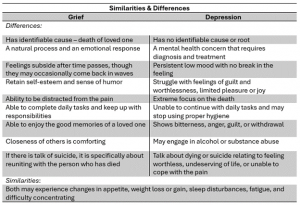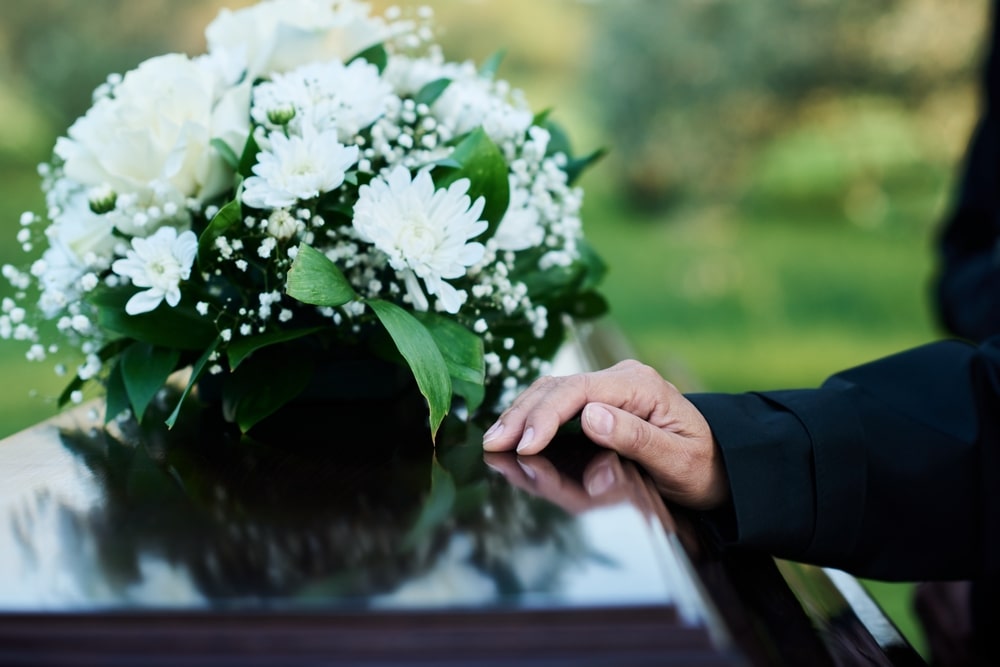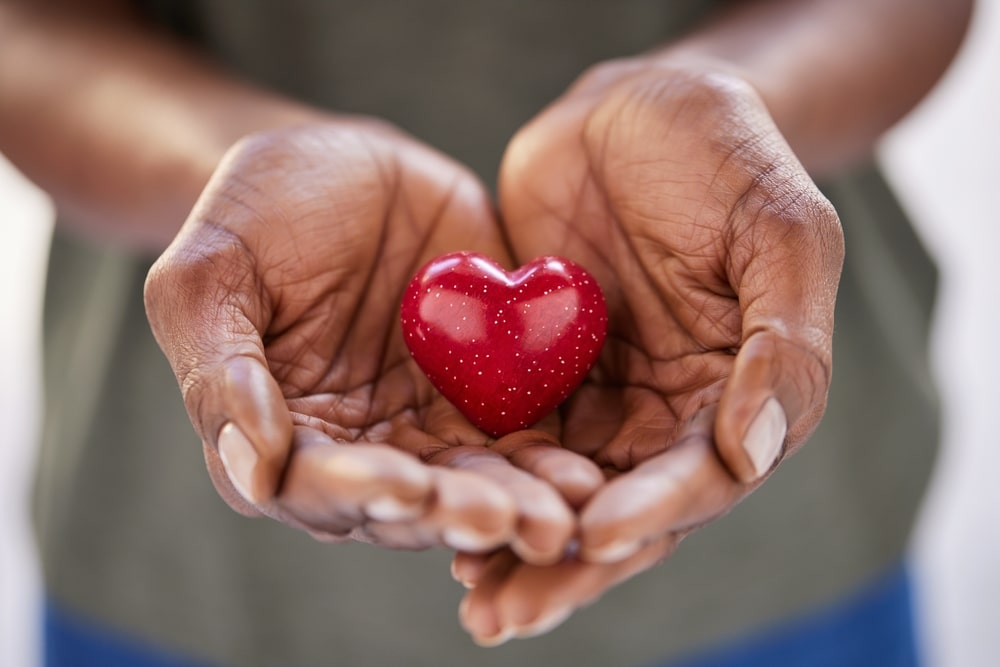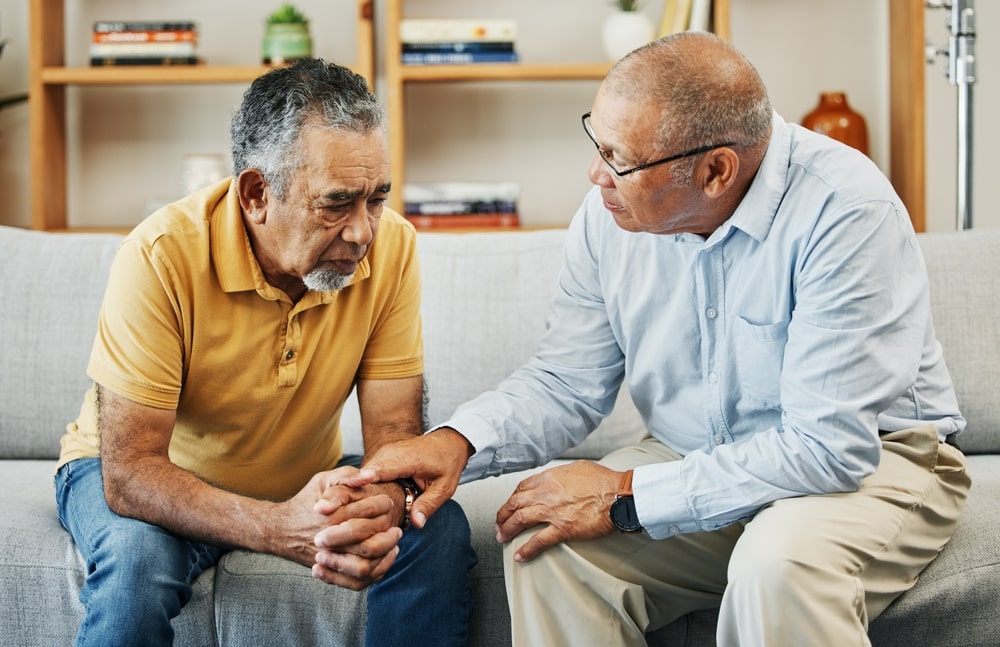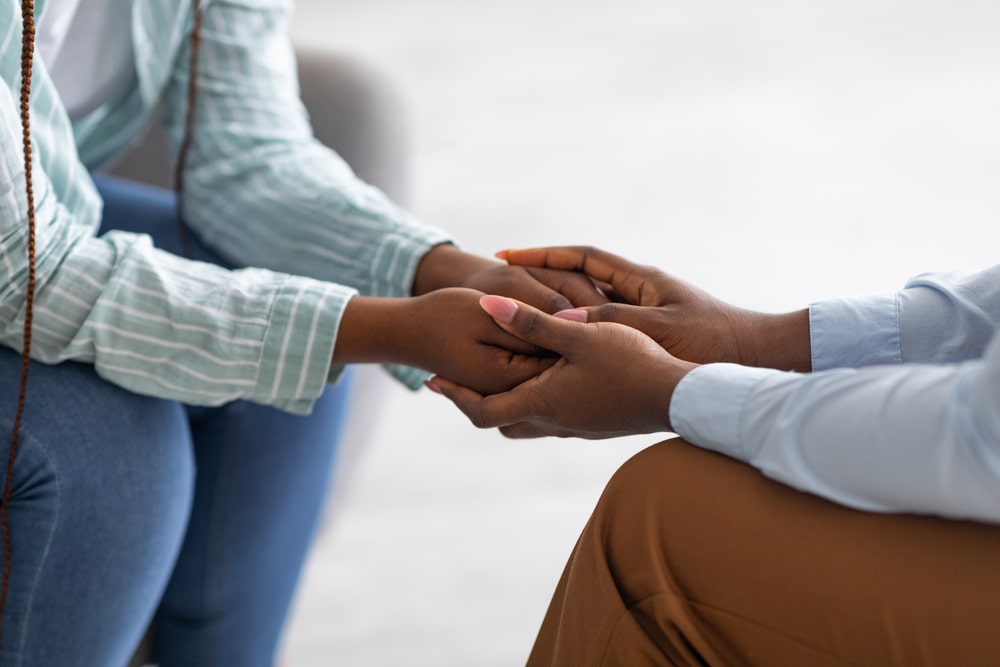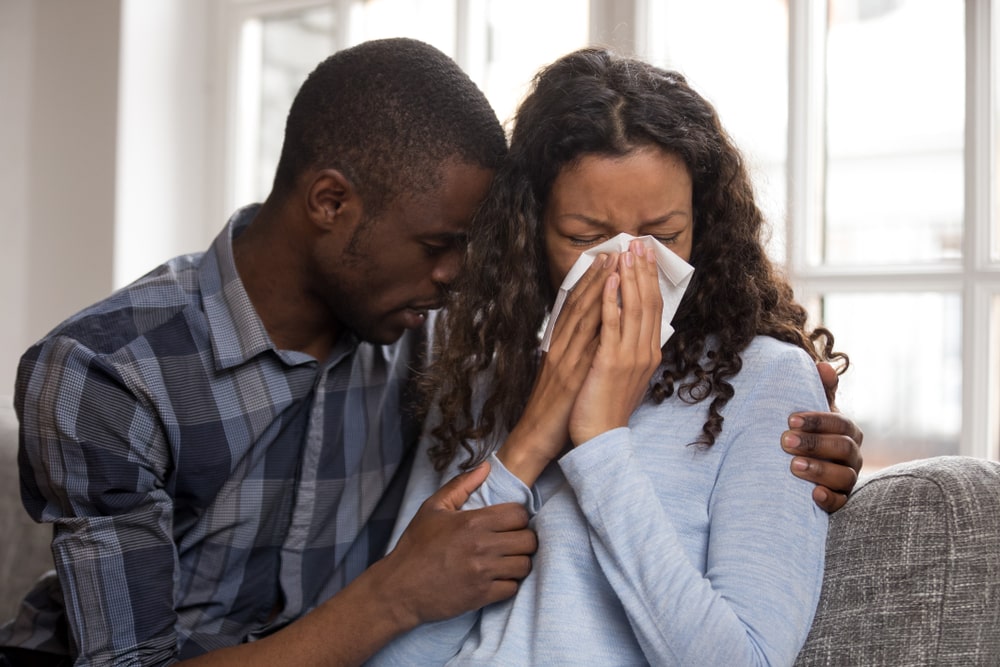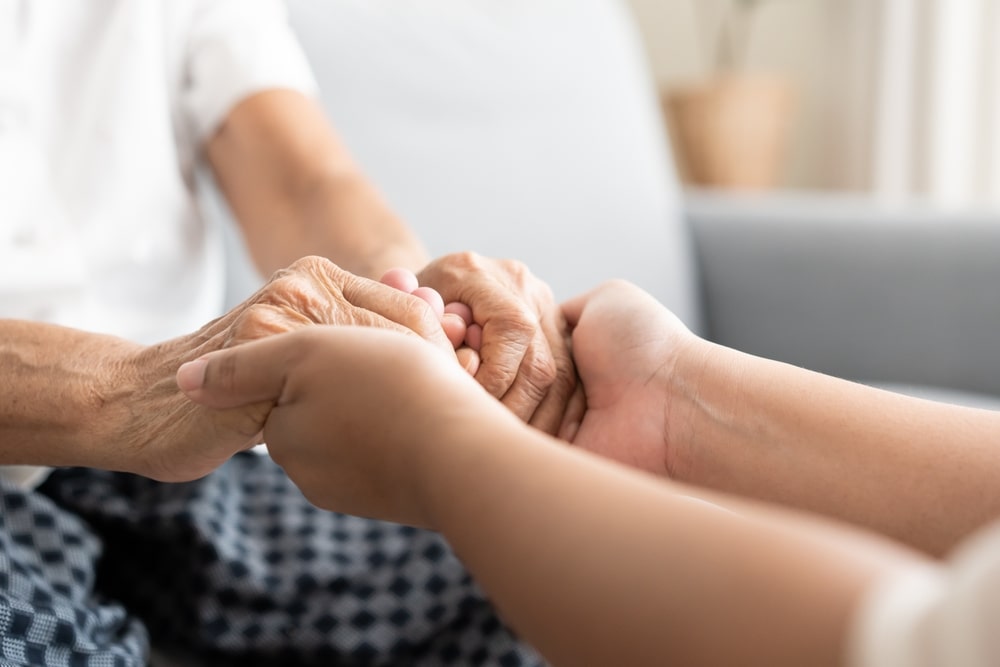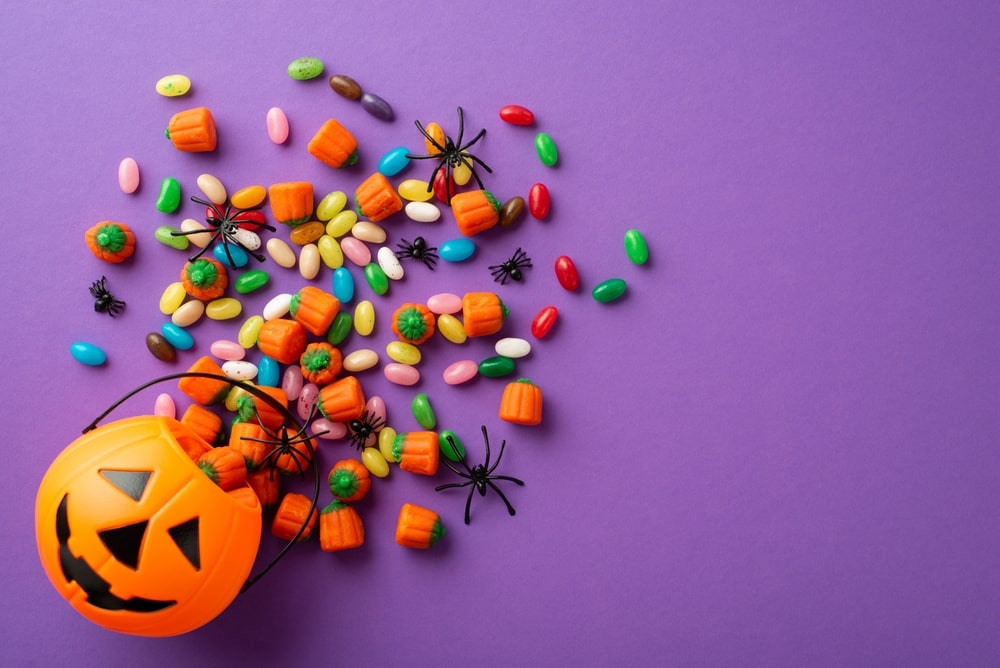
Grieving the loss of a loved one at any time of year is difficult, but holidays can be particularly difficult. While Halloween isn’t perhaps the most family-oriented holiday, like Thanksgiving or Christmas, it can still bring out complicated emotions. In many ways, Halloween can trigger grief in its own unique way. Let’s discuss 3 ways Halloween can trigger grief and what you can do to minimize the effects.
3 Ways Halloween Can Trigger Grief
Grief Trigger #1: The Imagery
While it’s usually meant in good fun, Halloween does lean heavily on dark and death-centric imagery. Tombstones, ghosts, grim reapers, the color black, witches, mummies, and the like all ground the holiday firmly in death and its cultural associations. For those who are grieving, the consistent reminders of death everywhere they go and the way the decorations often make light of the reality of death could be a grief trigger.
Grief Trigger #2: The Focus on Fear and Death
Halloween is undeniably focused on fear and death with candy and costumes mixed in. After all, many people celebrate the holiday by watching scary movies, going to haunted houses, or decorating their home with gravestones and ghouls. For those who have recently lost a loved one, fear and death are not figurative; they are real. Halloween’s focus on these two topics may only intensify feelings of grief in the bereaved and make them feel at odds with society and possibly friends or family.
Grief Trigger #3: Reminders of a Lost Loved One
Just as with any holiday, there can be aspects of Halloween that trigger memories of the person who has died. Did they love Halloween? Did you find their last costume in the closet? Were they in charge of this year’s family costume? Missing out on cherished traditions can bring grief to the surface. For the grieving parent, there’s no Halloween costume to design for a beloved child this year. For the best friends who always sat down to watch the film Hocus Pocus every year, there’s now a missing piece of the holiday, which causes sadness to surface.
Now that you know these 3 possible grief triggers, what can you do to prepare yourself to face them throughout the Halloween season?
What Can You Do to Prepare Yourself for Halloween Grief Triggers?
Consider Skipping Halloween This Year
While you can’t escape Halloween entirely, you can choose to personally skip the holiday this year. Avoid the section of the store where all the decorations are displayed. If you get a party invitation, choose not to attend. Set aside your costume-making skills for now. There’s nothing wrong with saying no, especially if it’s not going to benefit you. Listen to your feelings and do what is best for your emotional health and your grief journey.
Swap in Light-Hearted Activities
While other people are watching scary movies or experiencing jump-scares at a local haunted house, instead choose to focus on more light-hearted activities. Watch your favorite comedies. Go watch local improv theater. Bring peaceful colors and light into your home. While outside may be cemeteries and cobwebs, your home can be a haven from the grief triggers beyond your door.
Engage With Your Grief
If you are dealing with negative emotions and grief triggers around Halloween, take time out for self-care and to process your emotions. You can unpack your grief by talking with a trusted friend or writing down your feelings in a journal. You could also use your creativity to paint or build something that puts your grief into perspective or honors your loved one’s memory.
Look for Ways to Honor Your Loved One’s Memory
Whether you choose to participate in Halloween or not, you can look for ways to remember your loved one. Did they do a Halloween Fun Run? Participate in their honor. Did they always dress up as a character from The Office? Make your own costume in remembrance. There are so many things you can do to remember a loved one’s life and bring a little peace and comfort to your own heart.
Visit Your Loved One’s Final Resting Place
There are many benefits to visiting a loved one’s grave, especially that it provides a place to connect with your loved one. While you can visit the graveside any time of year, it may be meaningful to do so when the connection between life and death is so culturally strong. Holidays like All Souls Day and Dia de los Muertos (both immediately following Halloween) focus on remembering loved ones. Instead of leaning into the cultural norms of Halloween, focus on the act of remembrance instead.
As you prepare yourself mentally and emotionally for Halloween, may these suggestions help you navigate the complexities of your grief and find a way to honor your loved one’s life and memory at every time of year.







